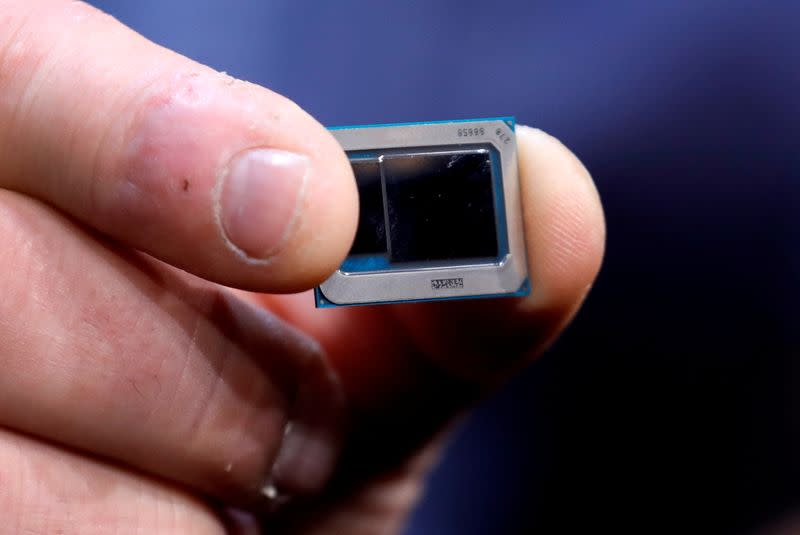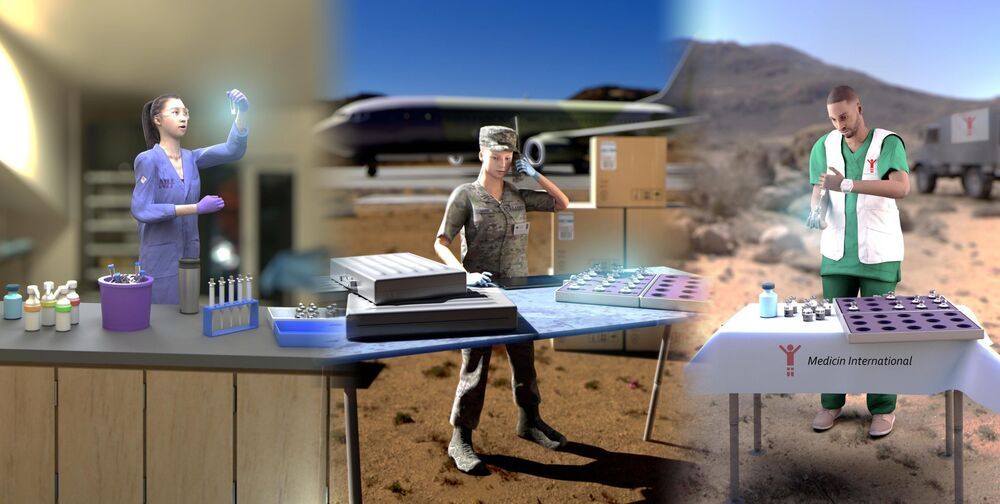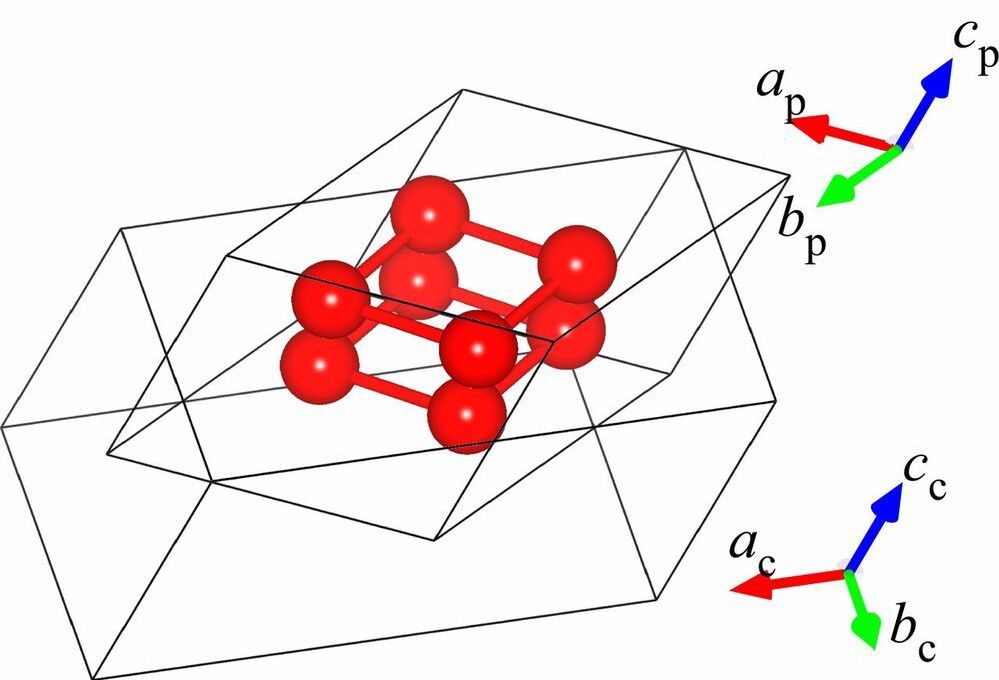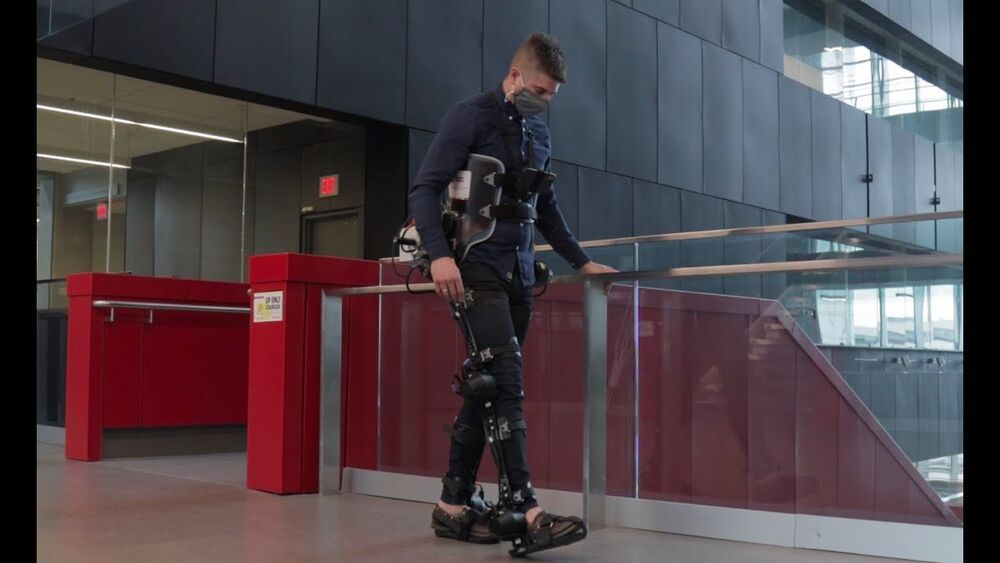Apr 28, 2021
These Materials Could Make Science Fiction a Reality
Posted by Genevieve Klien in categories: augmented reality, mobile phones, robotics/AI, transportation
This article is part of our new series, Currents, which examines how rapid advances in technology are transforming our lives.
Imagine operating a computer by moving your hands in the air as Tony Stark does in “Iron Man.” Or using a smartphone to magnify an object as does the device that Harrison Ford’s character uses in “Blade Runner.” Or a next-generation video meeting where augmented reality glasses make it possible to view 3D avatars. Or a generation of autonomous vehicles capable of driving safely in city traffic.
These advances and a host of others on the horizon could happen because of metamaterials, making it possible to control beams of light with the same ease that computer chips control electricity.

















